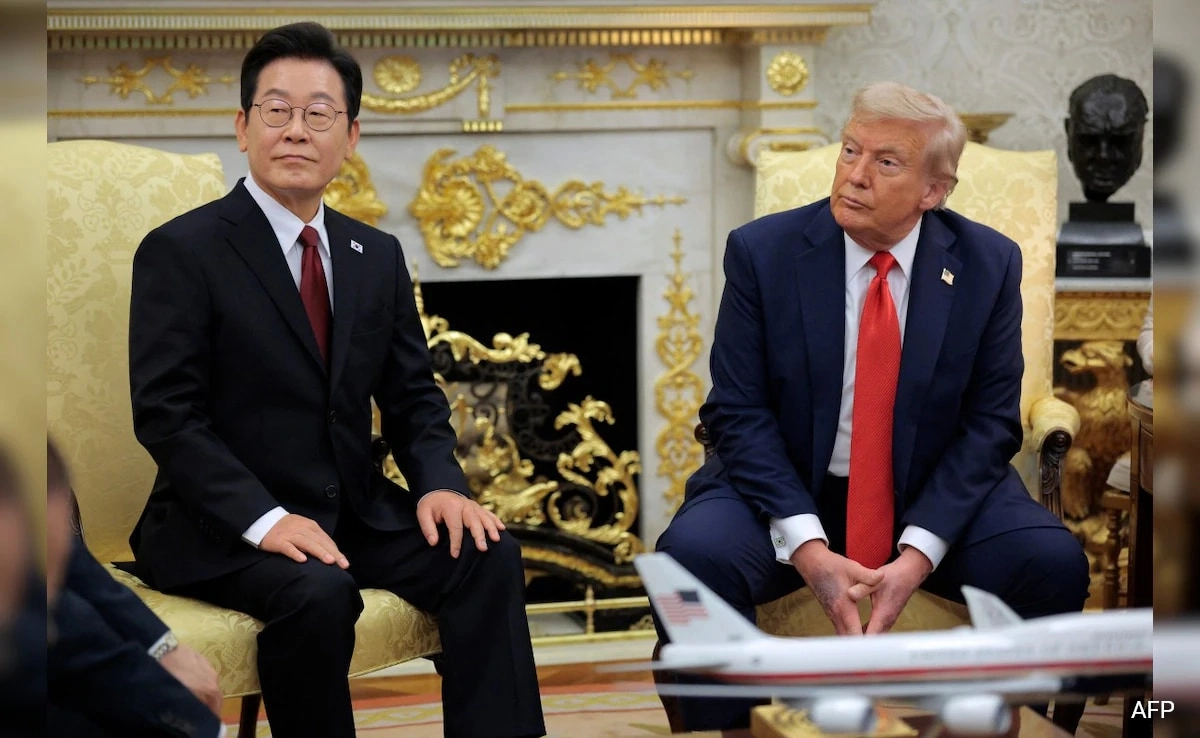In May 2021, the case of Mehul Choksi, an Indian businessman wanted for financial fraud, took a dramatic turn when he alleged that he had been abducted from Antigua and Barbuda. Choksi, who had been living in the Caribbean nation since fleeing India in 2018, claimed that he was lured by a Hungarian woman into a trap, leading to an elaborate scheme that involved his purported kidnapping. He described a harrowing experience, asserting that he had been tricked into leaving his residence under the pretense of a romantic rendezvous, only to find himself in a situation that he could not control. This startling revelation not only captured headlines globally but also ignited discussions about the complexities of international law, extradition treaties, and the lengths to which individuals may go to evade justice.
The narrative surrounding Choksi’s alleged abduction took on an almost cinematic quality, as details emerged about the involvement of a Hungarian woman whom he claimed had entrapped him. This woman, reportedly in her twenties, was described as charming and persuasive, leading Choksi to believe he was entering a romantic relationship. However, as the story unfolded, it became clear that the situation was far more sinister. Choksi alleged that he was drugged and taken against his will, raising questions about the motivations behind the woman’s actions and whether she was acting alone or as part of a larger conspiracy. The bizarre circumstances of his claims have fueled speculation and intrigue, drawing attention from the media and the public alike.
Choksi’s case is emblematic of the broader issues of crime, justice, and the complexities of international fugitive cases. As a prominent figure accused of defrauding Indian banks in a high-profile case, his claims were met with skepticism by many, including law enforcement agencies in India. The Indian authorities viewed his allegations as a desperate attempt to escape the consequences of his actions, while Choksi maintained that he was a victim of a nefarious plot. This dichotomy illustrates the challenges of navigating legal frameworks across different countries, particularly when dealing with cases involving financial crimes and alleged abductions. The involvement of a foreign national added another layer of complexity, raising questions about jurisdiction, diplomatic relations, and the effectiveness of existing treaties in addressing such issues.
As the investigation into the allegations continued, it became apparent that the narrative surrounding Choksi’s abduction was fraught with ambiguity and uncertainty. Legal experts highlighted the difficulties in proving claims of abduction, especially when they involve international actors. The case underscored the need for robust international cooperation in addressing financial crimes and ensuring that justice is served, regardless of geographical boundaries. Whether Choksi’s story was a genuine account of a calculated abduction or a strategic ploy to evade legal repercussions remains an open question. Nonetheless, it serves as a cautionary tale about the potential for deceit and manipulation in both personal relationships and the realm of international crime.




